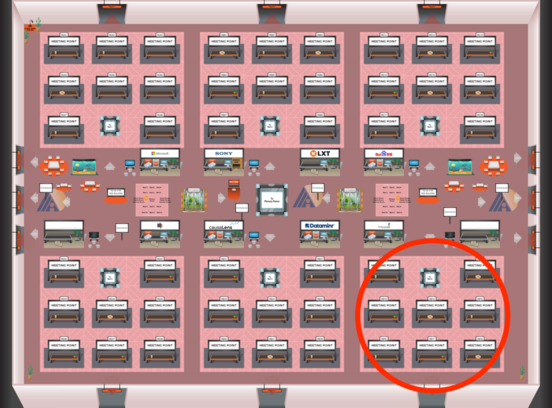Multi-Agent Reinforcement Learning Controller to Maximize Energy Efficiency for Multi-Generator Industrial Wave Energy Converter
Soumyendu Sarkar, Vineet Gundecha, Alexander Shmakov, Sahand Ghorbanpour, Ashwin Ramesh Babu, Paolo Faraboschi, Mathieu Cocho, Alexandre Pichard, Jonathan Fievez
[AAAI-22] AI for Social Impact Track
Abstract:
Waves in the oceans are one of the greatest sources of renewable energy and are a promising resource to tackle climate challenges by decarbonizing energy generation. Lowering the Levelized Cost of Energy (LCOE) for energy generation from ocean waves is key for competitiveness with other forms of clean energy like wind and solar. This requires complex controllers to maximize efficiency for state-of-the-art multi-generator industrial Wave Energy Converters (WEC), which optimizes the reactive forces of the generators on multiple legs of WEC. This paper intro-duces Multi-Agent Reinforcement Learning controller (MARL) architectures which can handle these multiple objectives for LCOE, helping the increase in energy capture efficiency boosting revenue, reducing structural stress to limit maintenance and operating cost, and adaptively and proactively protect the wave energy converter from catastrophic weather events, preserving investments and lowering effective capital cost. These architectures include 2-agent and 3-agent MARL implementing proximal policy optimization (PPO) with various optimizations to help sustain the training convergence in the complex hyperplane without falling off the cliff. The design for trust is implemented to assure the operation of WEC within a safe zone of mechanical compliance and guarantee mechanical integrity. This is achieved through reward shaping for multiple objectives of energy capture and penalty for harmful motions to minimize stress and lower the cost of maintenance. We achieved double-digit gains in energy capture efficiency across the waves of different principal frequencies over the baseline Spring Damper controller with the proposed MARL controllers.
Introduction Video
Sessions where this paper appears
-
Poster Session 2
 Fri, February 25 12:45 AM - 2:30 AM (+00:00)
Fri, February 25 12:45 AM - 2:30 AM (+00:00)
 Red 6
Red 6
-
Poster Session 5
 Sat, February 26 12:45 AM - 2:30 AM (+00:00)
Sat, February 26 12:45 AM - 2:30 AM (+00:00)
 Red 6
Red 6
